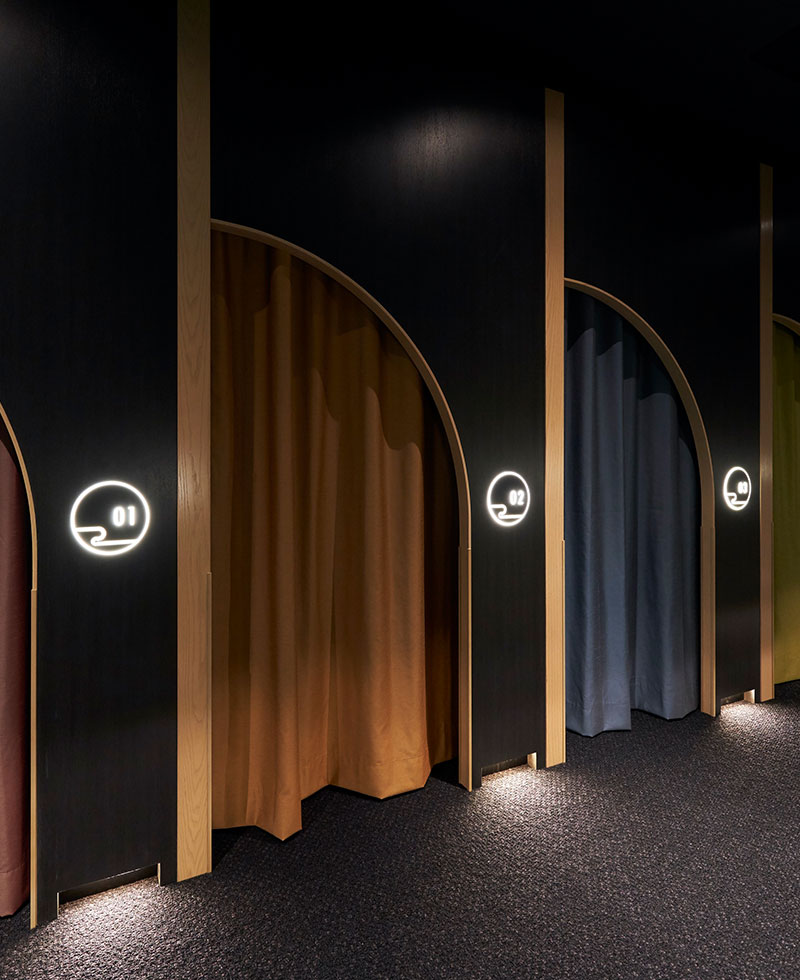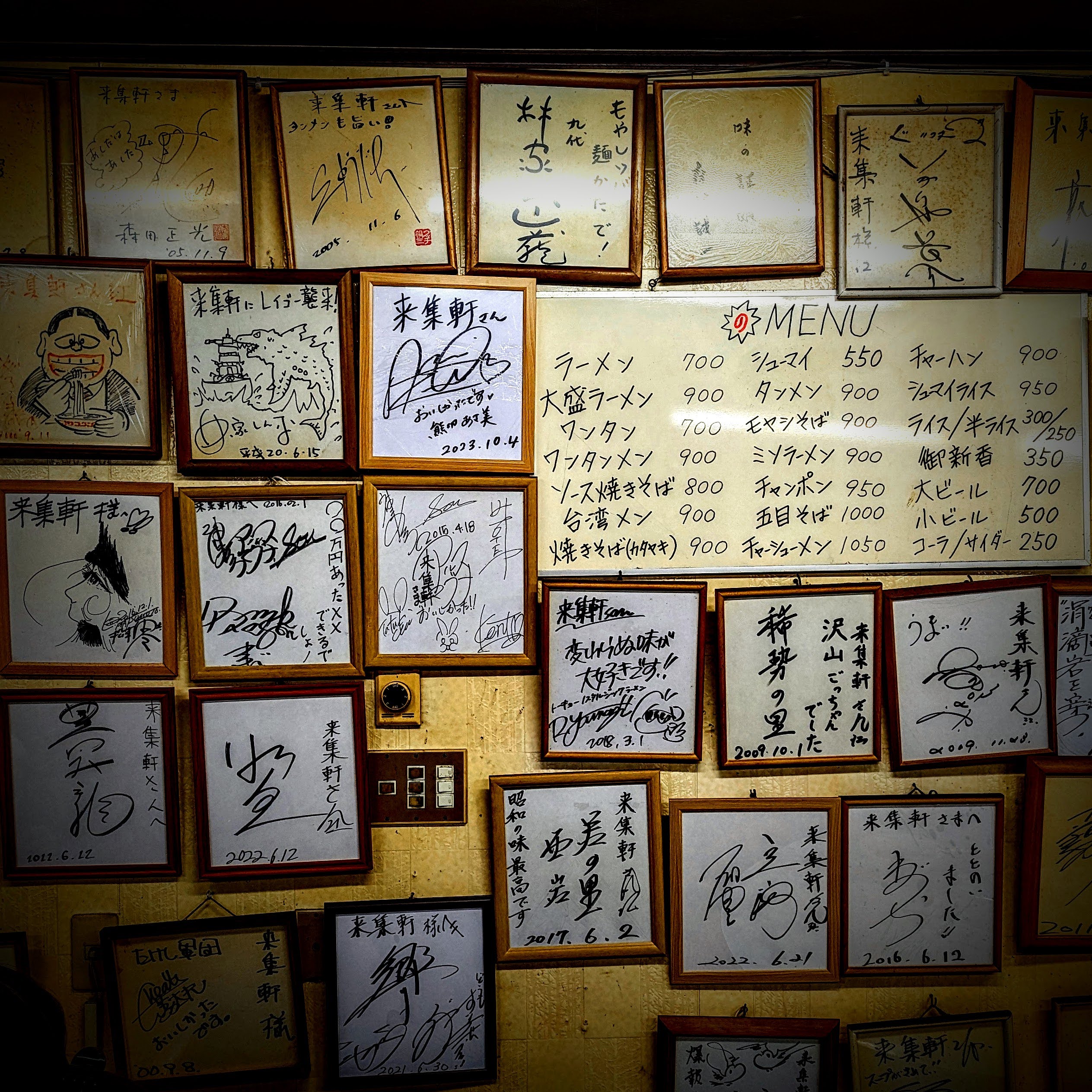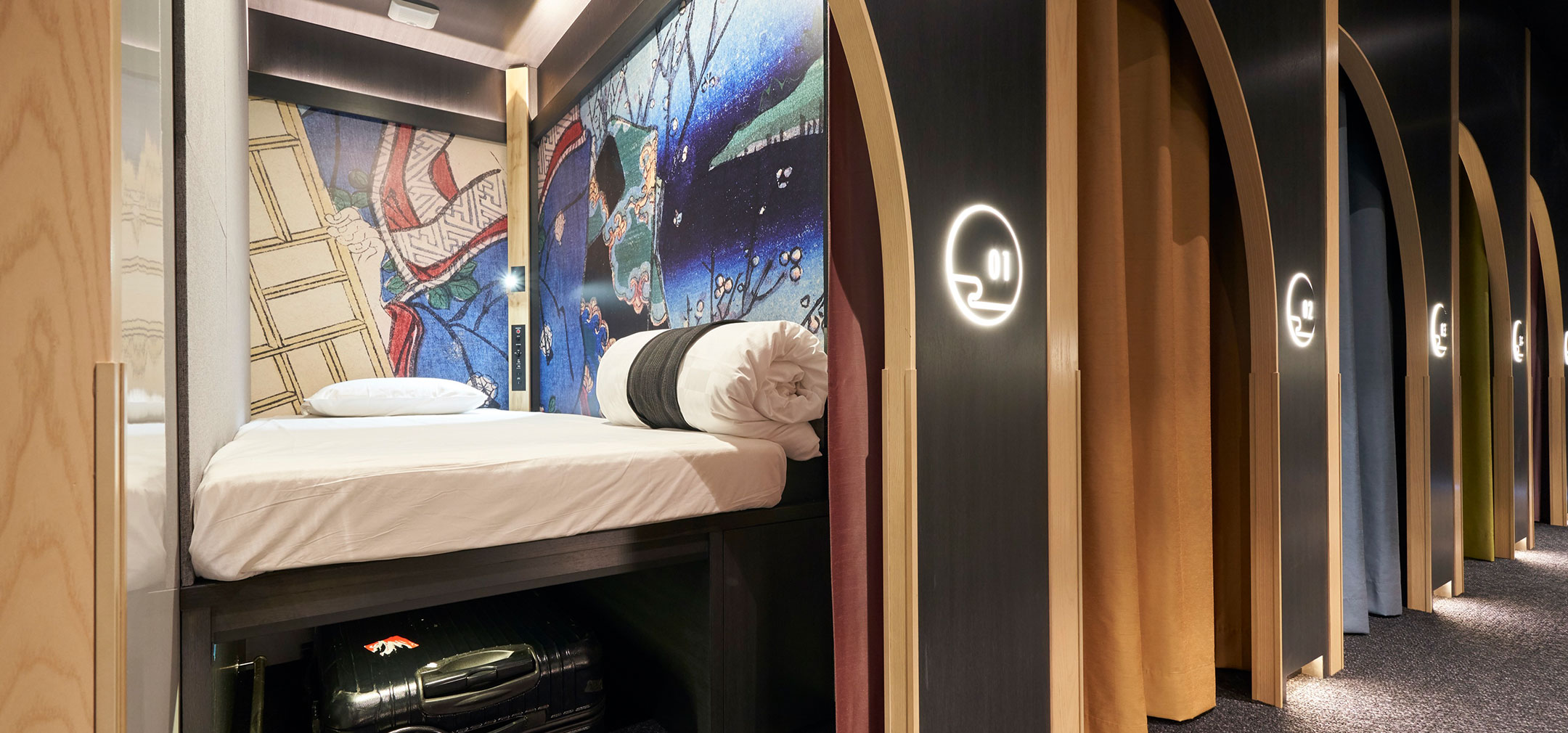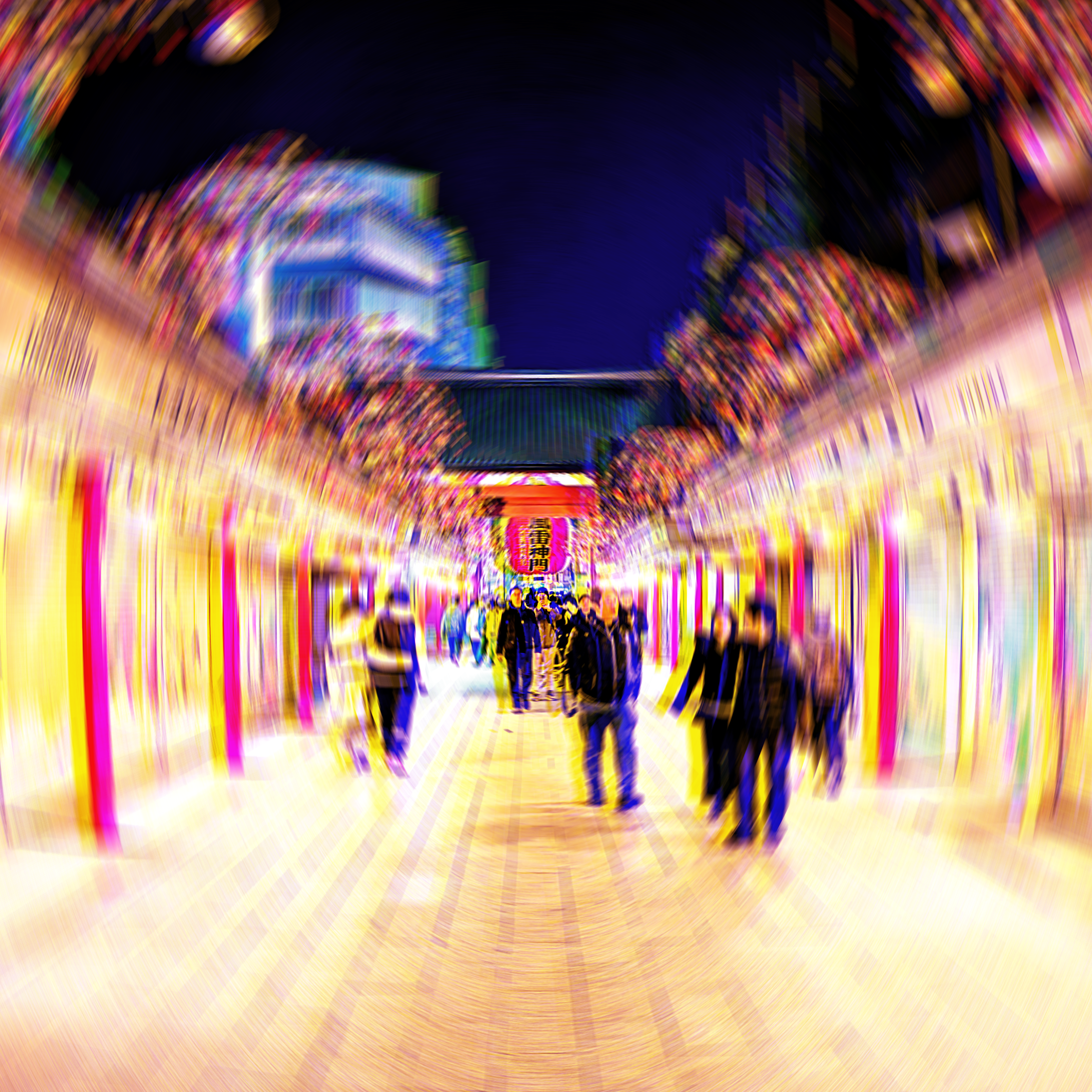By some measured cliches, Rome is the ragged symbol of culture both high and low, the hot-blooded beating heart of the world. The city of Keats’ bloodied last breath, of Fellini’s swollen pseudo-libido, of Berlusconi’s (several) bunga-bunga parties. Rome may well be a city of layers and conflicts, a million-dollar convertible rumbling over thousand-year-old cobblestones, a plate of minced lamb hearts and a gang of bedazzled grandmas, but I’ll be damned if I understand it at all. Yet here I am once again, stepping out from a train and into proof that perpetual motion is, indeed, attainable.
Roma Termini is one of many postwar travertine travesties in Italy. Boxy, squat, and streaked with sixty years of grime, it was perhaps once a marvel of modernism, a sleek set of ribs jutting out from a geometric beast suspended overhead, but now it just overwhelms one’s spirit. I’m of the mind that an Italian train station should be explicitly bland and utilitarian for all the dizzying complexity contained within: the shouting, the sweeping crowds, the machine gun-toting police, the crowd’s surging indifference and the looming probability of getting mugged. Maybe I’m overvaluing architecture.
As soon as I exit the station, I’m already lost. Rome is a tangled terracotta web of seemingly identical vie and strade, only bigger, socked with old people who bemusedly watch you pretend like you don’t need help. An hour’s walk puts me back at the station, whose grinning, mouth-like entry is surely designed to mock tourists like me who are too stubborn to concede that they are tourists, or too proud to take the fucking metro.
It’s my third time here: first, on a drunken college field trip, of which I recall little; second, with my family, when I was bitten by a carriage horse outside of the Vatican. This time, I’ve come in search of something real, to blacken my heart and dirty my ears with some proper live music from the subcutaneous layer of this metropolis where, beyond a few notable neighborhoods, few foreigners venture.
A quick search on the Internet’s Insider® outlets circa 2016 names Pigneto as the place to be for wistful hepcats such as I, a sort of Roman Oakland, a grungy, alternative place where you could really hear some music. I’ll note that Pigneto was once, to no one’s surprise, one of the poorest areas in the city, a hodgepodge of dumpy architecture and bad business beloved by Italy’s intellectual hero, Pier Paolo Pasolini. Pasolini famously called the neighborhood “the crown of thorns that encircles the city of God.”
Pasolini was slaughtered on the Roman coast for his temerity; I missed my fantasy baseball draft for this vacation — not quite on the same level — and I probably owed it to his memory not to waste it on my own poltroonery.
||
Poltroon or not, after accident-ing on the Colosseum for the third time, I pony up the €1.50 on a metro ticket, and disembark at Furio Camillo. With Pigneto booked up or out of my price range, I settle for a room here along the medieval Via Tuscolana, just outside of the ancient Aurelian walls in one of the more genuine parts of town, a skip south of my destination.
By the time I arrive, all allure for the city has dissipated. I slink past empty bars and neon family restaurants, impressed by none, feet aching, dreaming of a fiery pit into which I might hurl my backpack. Rosario, my host, greets me with a furrowed brow. I’m three hours late. He’s boiling a pot of proper Italian pasta: tomato puree, made from his family’s garden, to be draped over some actual capellini, and generously plates me an amount I subsequently destroy with my mouth. I apologize in profuse, profane Italian for my tardiness, my hunger, and my smell, and he half-smiles, offering his beastly guest a napkin and a spare towel.
Rosario is a thirtysomething lawyer from Naples, his flat a pinnacle of brutalist architecture. Its sweeping, anonymous angles and bright pastels frame a balcony overlooking a million others hovering over the mess of honking below, and I gobble up its generous anonymity with more zeal than I had shown the pasta.
My host shrugs, and pulls on a pair of Nikes in preparation for a birthday out in the suburbs. He rattles off a few nightclubs in Trastevere, the so-called “American” district. I note, brandishing my Insider® Italian, that I was actually hoping to get deep into the alternative scene in Rome, to check out the sort of venues typically off-limits to foreigners. “I want to find music, you know? Like, not some touristy place, but somewhere you’d go.”
He’s confused. “Trastevere. I just told you.”
He clearly wasn’t understanding what I was after. “I’m looking for something autentico, like, senza turisti. Hey, what about…Pigneto?”
“It’s Tuesday. There is nothing in Pigneto on a Tuesday. It will be boring and sad. I promise you, I really think you would be happy to go to Trastevere.”
||
My first stop in Pigneto is Lo Yeti, a bookstore I’d read about on the Internet. Bohemian, artsy, with music every night. Just the place for a student of culture like myself. I roll up to the bar with a knowing smile and order a glass of Cannellino di Frascati, one of the only true Roman varietals. The owner, wiping down a cup, looks outside at the still-setting sun and counters with a Montefiascone. “Ah, Montefiascone,” I say, not knowing what that is. “Ottimo.” Don’t I want something to eat with it? She looks at me as if I had just suffered a long, slow tumble, pants at my ankles, on national TV. I reassure her it’s just an aperitivo, thinking I’d take dinner later in the evening, like a proper Roman, because Romans eat late. She gives me a cup of crackers anyway and looks at me with inestimable pity.
The bookshop is cozy and refreshingly devoid of books. In English, anyway. I browse with my glass of Montewhatever, perusing the pages with knowing nods, chin perched in hand, comprehending almost nothing. Seated underneath a small arch in the kid’s corner is an insubordinately fashionable female person, probably a few years younger than myself and equally alone: just the type of clientele the Internet implied I would find in this Pigneto. I smile and wave and she responds in kind, but at the woman behind me, freshly arrived. Now in a chair far too small for me, I eavesdrop on the language lesson, waiting for a moment to interject despite the certain fact I don’t speak a word of Japanese.
The heavily-perfumed, angora-wearing woman next to me notices, desperate to save me from further shame, and asks where I’m from. I scoff, playfully, “what makes you think I’m not from here?” She forces a smile, and awaits my response. “Sono americano,” I respond, and we’re both a little disappointed. We sit in silence, her burly partner completely disinterested in contributing to the conversation, most assuredly displeased by the situation altogether. Mercifully, a procession barges into the shop, ten young punks in torn black Levi’s interrupting the nothing with frothy screams I do not understand. “Fascisti?” I ask my friend over the din.
She looks at me with a familiar pity. “Antifascisti,” she says, and returns to her partner.
By now, a tattooed and pierced string quartet is setting up on the café side, bringing in with them a following of smiling grey-haired intellectuals with rimless glasses hanging off the edge of their wrinkled noses. Trastevere my ass! This is what I came for! They would probably launch into an interpretative-but-still-recognizable suite of Nino Rota compositions to which I’d nod along knowingly, and the Japanese student would wait impatiently until intermission at which point she’d nervously tap me on the shoulder and ask but how do you know all of those songs and I would shrug, modestly noting, I dunno, I guess I’m just that devoted to Italian cinema, and we would totally exchange social media profiles.
As the band tunes up, I notice a shriveled, lamentable young man in a wheelchair sitting behind me all alone, staring, perhaps, at my flowing blonde Californian hair, my authentically bohemian clothes, or my functioning legs. I want to soothe him with small talk, asking come stai? Tutto bene? Hai visto la partita?, to reassure him that things were going to be just fine in this cruel, anonymous world of ours.
“You are blocking my view of the band,” he says in perfect English.
Shuffling apologetically, bowed at the waist, I circle the bar once and find no empty seats, including the one I’d just vacated, and without the demoralizing wink of acknowledgement from any of my new friends, I slip out the front door undetected.
The sun is now quite set and I figure it’s about time for a real aperitivo at a place that’s a bit looser, a bit more me. I make a right at the main drag, Via del Pigneto, and find a trove of dark, shoddy-hip bars and restaurants calling my name. Only one, Libreria Tuba, has a line out the door, and I head there first. The bartender is probably 6’2”, with blonde dreads reaching down her inked back. I’ve a good feeling about this place. I opt for a Negroni, the quintessentially bitter Florentine cocktail, and the bartender winks. She knows I’m in the know.
I take a seat at the back of the bar in a tiny alcove conveniently located next to the bathroom. The chairs are as pink as my drink, and a pair of college-aged girls, cute in a fetid sort of way, giggle at me. I smile back, tipping my drink their way, feeling accepted, if not entirely welcome. Their eyes crane upwards, directed toward a giant black dildo hovering over my head. A vibrator on the bookshelf. A cornucopia of toys behind glass. Soon, a few other women notice me, and they cheers their beers in my direction. In the cinematic version of this scene, a fully nude human would have then clapped me on the back, garbling the punchline well he aaaasked for “alternative” as I, spilling my drink on my crotch, scampered out the door. In the real life version, however, I play it cool, finishing my drink with calm, and thank the young ladies for no apparent reason, ambling confidently back into the street. And then ambling back into the bar because I forgot to pay, but then back out.
In Italy, and especially in Pigneto, a walk around the corner can be like walking through a sephia portal and coming out in an alternate universe. A warm glow spills out from such a portal down the street. It’s il Tiaso, a place full of leather-bound books and wine bottles framing a stately charcoal sketch of the great Fred Fellini himself. That there’s hardly enough room for the haggard vagrant just inside the entrance, let alone a band, let alone me, is of no concern when I am in the company of Maestro Federico. The smell of moldered cotton pages, the sound of the creaky floor flaked in generations of paint, the muted glimmer of the chipped chalkboard menu all feel like a warm embrace, and I pony up to my third bar, by now not at all sober. The bartender, whose arms easily span the length of the so-called enolibreria, smiles warmly, welcoming me with a regal bow. He walks me through the menu with pride, his messy, salt-pepper mop bouncing with every nod. I entertain another Montewhatever, and can tell immediately that he is pleasantly surprised by the breadth of my knowledge. And that I’ve chosen the most expensive glass on the menu.
A woman enters and his posture shifts as if by poisoned barb. I rattle on, oblivious, and finally take a Sardinian bovale to the seat just beneath the Maestro. There’s a soccer match on the sunbleached TV and in competition with the impressive library next to me, it’s the victor of my attention, because I’m both erudite and an American who watches soccer sometimes.
The woman at the bar grows heated. The bartender is not smiling. They shout in Roman-ese, or at least in a version of Italian I do not understand, or at least in some language that isn’t English. She throws her glass at him and it smashes against the wall. In their culture, be it Roman or otherwise, this presumably indicates frustration or disdain, because yeah, he’s just slapped her in the face. The haggard doorman steps in, copping a feel as he pulls her away. Her arms jut out, grasping for hair to tear. The bartender is accordingly full of rage, spitting venom, seeking flesh to chunk. I hereby decide that I no longer like him, and abandon the remainder of my bovale on the table under my beloved Fellini’s disapproving gaze, and leave without paying. I expect him to chase after me, to tear my limbs from my body, but that has not yet happened.
||
The sun having mysteriously disappeared below the earth, I am now engulfed by the darkness of Via del Pigneto, meandering entirely drunk and completely alone, feeling my way through the mealy humidity.
It really is getting late, and I decide that if I want to see music, I’ll have to make dinner a quick one. I pop into Viveri, a spot at the mouth of the road just slender enough for one person to pass. The bartender, severe in his pomade and his camicia nera, has a quick wit to him, all business, the type who spins the glass in his hand as he waits for your order, who never smiles and would call you “boss” were the restaurant in the United States. His colleague has her hair bleached powder-white, her ironic smile masked in fluorescent lipstick. The menu is but a wall with three types of polpette scrawled in chalk. I’m in the dinner capital of the earth and I’ve chosen a wine-and-meatball house.
If there was ever someone who can’t abort a half-plan it’s me, having already ordered a fat cannonau, and I deign to treat this aperitivo as dinner. By now the hollow of my stomach is pumping the booze directly to my brain, and I force myself to focus on my original task. I pump the neon bartendress for clues, name-dropping some real Insider® Italian band names. “The real stuff, you know?”
She looks to her friends clumped at the end of the bar and I pretend not to see them roll their eyes. Handing me a weekly musical imprint, she rattles off a few venues in the area, each one shot down by her friends. I’ve finished my meatballs and a second cannonau, and the woman throws up her hands. “It’s Tuesday,” she says. “Maybe you should try Trastevere?”
||
By eleven the streets are positively deserted. If it’s not time to go home, it’s time for much worse. Now soused, I saunter up and over the train tracks, and everything turns a cinematic sephia in my head. Nonne beat their rugs on balconies above, eyeing me suspiciously; drifters deal cards under the crumbling arches of the acquedotto Felice; my bladder heaves with wine pleading for evacuation. Far ahead on an unlit street, a lone server shakes out a tablecloth outside the Ristorante Accattone, so-named for the Pasolini film (itself yet another way of saying “vagabond”) which, it seems, he shot on this very road nearly sixty years prior. I offer to buy one last amaro if the server lets me use his toilet, and miraculously, he agrees.
Relieving myself in the back of that dark restaurant, I crane my ear to a subtle wafting over the din of my urine against the porcelain. It’s music. From the kitchen. Why was it so familiar?
My mama don’t like you and she likes everyone
And I never like to admit that I was wrong
And I’ve been so caught up in my job, didn’t see what’s going on
But now I know, I’m better sleeping on my own
‘Cause if you like the way you look that much
Oh baby, you should go and love yourself
And if you think that I’m still holdin’ on to somethin’
You should go and love yourself
I zip up, cheers the server, and set back on my way down the via del Mandrione, relieved of all concern. All according to plan.















